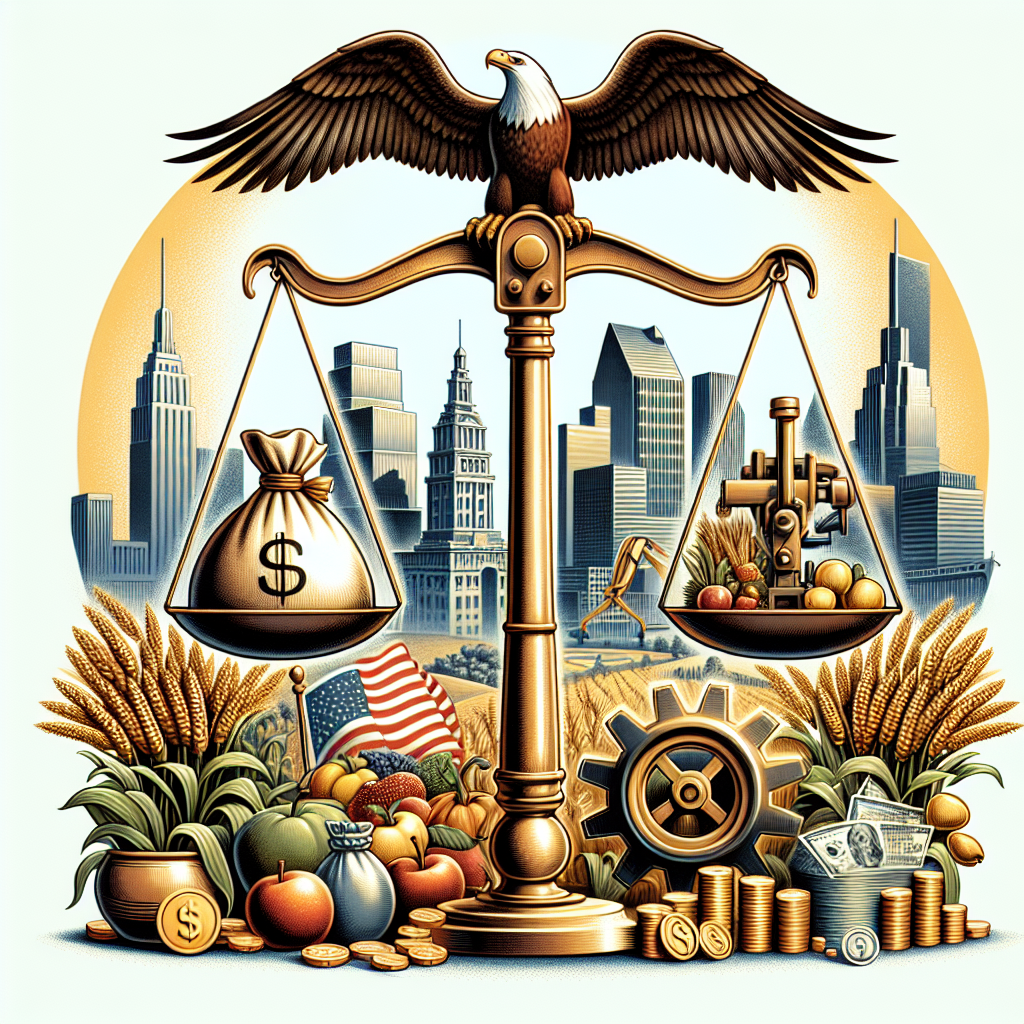American Economy Sees Slowest Growth Since Spring 2022
The American economy grew by 1.4% annually from January through March, according to the latest government data. This marks the slowest quarterly growth since spring 2022. The reduced consumer spending growth and higher interest rates are cited as key factors impacting economic expansion.

- Country:
- United States
The American economy expanded at an annual rate of 1.4% from January through March, marking the slowest quarterly growth since spring 2022, according to government data released Thursday.
This slight upgrade from its previous estimate reflects consumer spending that grew by just 1.5%, down from an initial estimate of 2%—indicating potential impacts from high interest rates on the economy.
The Commerce Department had initially estimated that the gross domestic product (GDP) advanced at a 1.3% rate last quarter. Despite a strong 3.4% pace during the final three months of 2023, the first quarter's GDP growth sharply pulled back, mainly due to a surge in imports and a drop in business inventories, which can vary from quarter to quarter and don't necessarily reflect the economy's health.
Imports removed 0.82 percentage point off first-quarter growth, while lower inventories subtracted 0.42 percentage point.
Economists generally believe growth has picked up in the current quarter. According to Matthew Martin, US economist at Oxford Economics, the annual growth rate is estimated at around 2% for April through June, driven by ongoing consumer spending. Meanwhile, the Federal Reserve Bank of Atlanta's forecasting tool predicts a much stronger growth rate of 3%.
(This story has not been edited by Devdiscourse staff and is auto-generated from a syndicated feed.)
ALSO READ
U.S. Economic Outlook: Tariff Tensions and Federal Reserve Challenges
Federal Reserve Independence Threatened by Labor Board Firings?
The Search Begins: Successor to Federal Reserve Chair Jerome Powell
Federal Reserve's Dilemma: Balancing Trump's Tariff Impact on Inflation and Employment
Trump vs. Powell: The Battle Over Federal Reserve Independence










